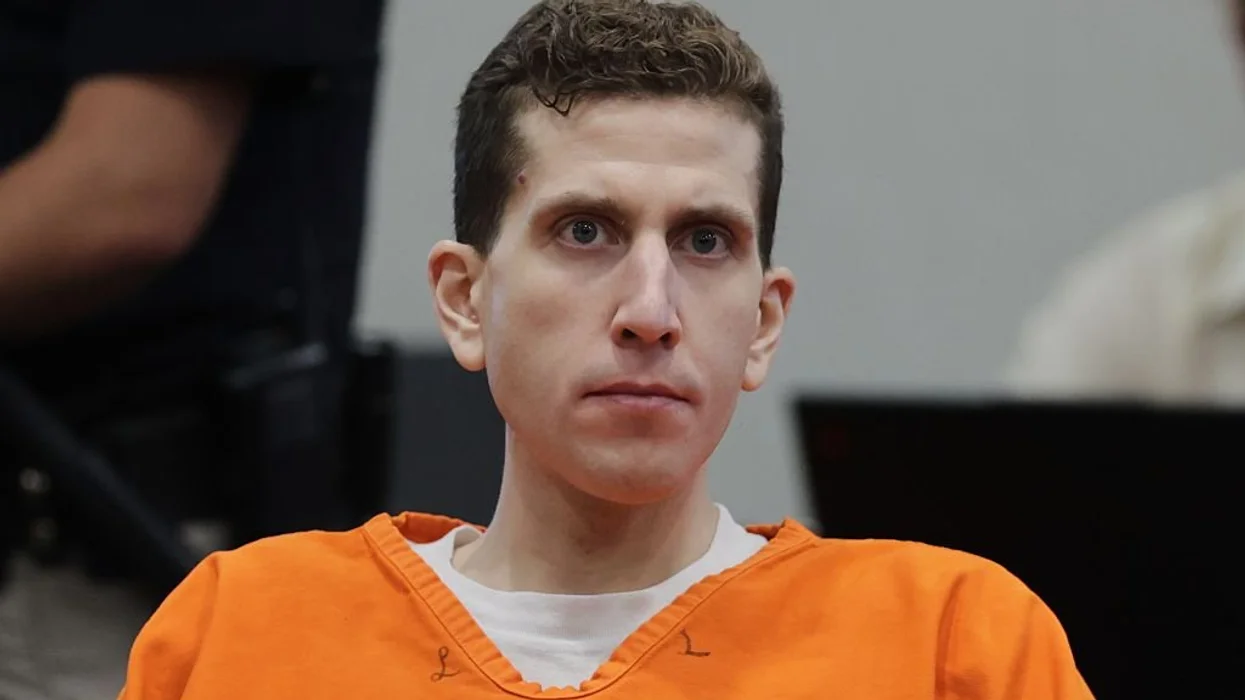
© 2025 Blaze Media LLC. All rights reserved.
"The idea is pretty simple."
 "That's me in the corner, that's me in the spotlight, losing my religion," the band R.E.M once sang. For select countries across the globe, that could be true. And while the prediction doesn't currently include the U.S., there are ominous signs that could change.
"That's me in the corner, that's me in the spotlight, losing my religion," the band R.E.M once sang. For select countries across the globe, that could be true. And while the prediction doesn't currently include the U.S., there are ominous signs that could change.
According to a new study by the American Physical Society (APS) using census data, religion in nine countries is slowly dying -- and, as the BBC puts it, may even become "extinct."
Those countries include Australia, Austria, Canada, the Czech Republic, Finland, Ireland, the Netherlands, New Zealand, and Switzerland.
The study was published earlier this year and recently unveiled at an APS meeting in Dallas. It uses a mathematical model to "account for the interplay between the number of religious respondents and the social motives behind being one," the BBC reports. The result is scary: "religion will all but die out altogether in those countries."
One of the study's authors, Richard Wiener of the Research Corporation for Science Advancement and the University of Arizona, explained to the BBC that "The idea is pretty simple."
"It posits that social groups that have more members are going to be more attractive to join, and it posits that social groups have a social status or utility," he said.
Translation: it seems it's becoming popular not to be religious -- and the more popular that becomes, the more people will join.
"In a large number of modern secular democracies," he explained, "there's been a trend that folk are identifying themselves as non-affiliated with religion; in the Netherlands the number was 40%, and the highest we saw was in the Czech Republic, where the number was 60%."
America isn't immune, either, as Foxnews.com notes:
The study also found that "Americans without affiliation comprise the only religious group growing in all 50 states.""In 2008 those claiming no religion rose to 15 percent nationwide, with a maximum in Vermont at 34 percent," the study says.
Still, Wiener admitted the study isn't perfect, and the the team is working to update the model to more accurately reflect current-world conditions.
"Obviously we don't really believe this is the network structure of a modern society, where each person is influenced equally by all the other people in society," he told the BBC. But, he added, "It's interesting that a fairly simple model captures the data, and if those simple ideas are correct, it suggests where this might be going."
"Obviously much more complicated things are going on with any one individual, but maybe a lot of that averages out."
Want to leave a tip?
We answer to you. Help keep our content free of advertisers and big tech censorship by leaving a tip today.
Want to join the conversation?
Already a subscriber?
more stories
Sign up for the Blaze newsletter
By signing up, you agree to our Privacy Policy and Terms of Use, and agree to receive content that may sometimes include advertisements. You may opt out at any time.
Related Content
© 2025 Blaze Media LLC. All rights reserved.
Get the stories that matter most delivered directly to your inbox.
By signing up, you agree to our Privacy Policy and Terms of Use, and agree to receive content that may sometimes include advertisements. You may opt out at any time.





